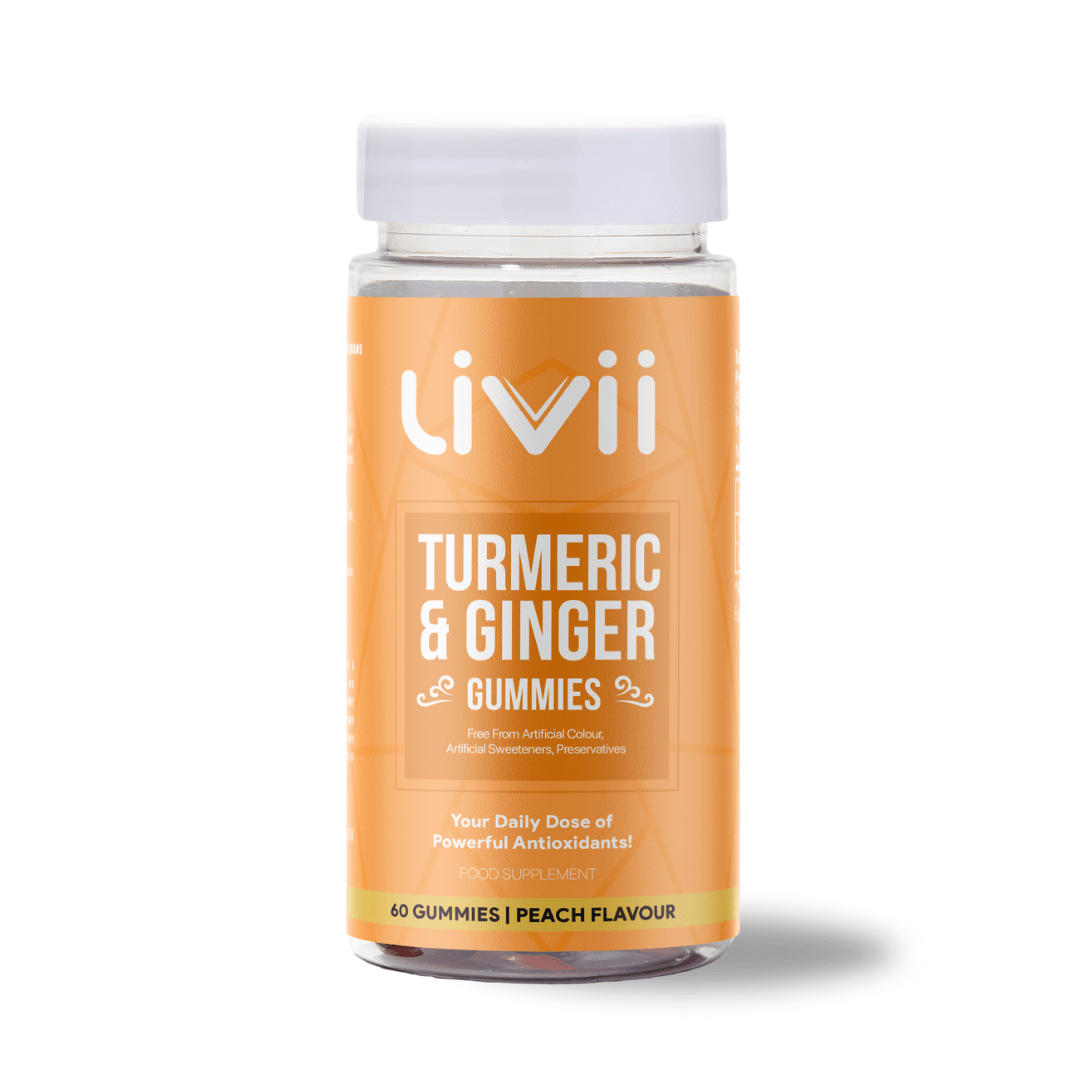When people think about weight loss, they often picture fitting into their favorite clothes or feeling more energized. But weight loss brings a less talked-about benefit: pain relief. While weight loss isn’t a magic bullet for every pain type, shedding extra pounds can substantially alleviate pain in various parts of the body, improving quality of life. Here’s an in-depth, fun look at how weight loss and pain relief go hand-in-hand.
The Load Your Body Carries
Imagine carrying a backpack filled with a 20-pound bag of potatoes everywhere you go—up stairs, to the store, and even while lying on the couch. That’s what your body experiences when you’re carrying extra weight. Joints, muscles, and bones have to work overtime to support you. Just a few extra pounds can make a significant impact, especially on load-bearing joints like the knees, hips, and lower back.
In fact, studies show that for every pound of body weight, an additional four pounds of pressure is applied to the knees. So if someone loses even 10 pounds, they’re relieving about 40 pounds of force from their knees alone. This can make everyday activities, like walking and climbing stairs, much easier and less painful.

The Science of Inflammation and Weight
Chronic inflammation plays a crucial role in pain, particularly when it comes to conditions like arthritis, fibromyalgia, and lower back pain. Carrying excess weight, especially in the form of visceral fat (the type that surrounds your organs), promotes inflammation in the body. Fat tissue doesn’t just store energy; it also releases inflammatory chemicals called cytokines. In larger amounts, these cytokines contribute to joint pain, muscle aches, and even heightened pain sensitivity.
Losing weight, on the other hand, decreases these pro-inflammatory cytokines. As a result, inflammation reduces, which can lead to a decrease in pain, even for those with chronic pain conditions. With lower inflammation levels, the body can focus on healing rather than constantly putting out fires caused by fat-stored cytokines.
Back Pain, Be Gone!
One of the most common complaints linked to being overweight is back pain. This issue is largely due to the stress that excess weight places on the spine, especially the lower back. When your body is heavier, the muscles around your spine have to work harder to keep you upright. This overuse often results in muscle strain, which can lead to chronic back pain.
What’s more, abdominal fat can pull the pelvis forward, altering your center of gravity and placing strain on the lumbar spine. By losing weight, you not only lighten the load on your back but also improve your posture and spinal alignment, further reducing pain.
Healthier Joints, Happier Days
A big part of pain relief from weight loss is related to osteoarthritis (OA), a “wear-and-tear” form of arthritis that often affects the knees, hips, and other joints. The risk of developing OA increases with weight, as extra pounds accelerate the wear-and-tear process in joints. Studies have found that overweight individuals are up to four times more likely to develop knee osteoarthritis than those with a healthy weight.
For individuals who already have OA, losing weight can improve symptoms. Research suggests that every pound of weight lost results in a four-fold reduction in the load exerted on the knee during physical activity. So losing just 5 pounds could potentially relieve 20 pounds of pressure on the knee joints—a significant improvement!
Pain Management and Quality of Life
Pain doesn’t just affect people physically; it also has mental and emotional impacts. Chronic pain can lead to anxiety, depression, and reduced mobility, all of which can take a toll on a person’s quality of life. When pain is reduced, these emotional stressors often improve. Losing weight can be a liberating experience, leading to fewer limitations and greater freedom in daily activities.
Weight loss can also improve sleep quality, which plays a crucial role in pain management. When we sleep, our bodies work to repair damaged tissues and produce pain-relieving endorphins. Poor sleep, which is common among those carrying excess weight, interrupts this process, leaving people more vulnerable to pain. Losing weight can reduce sleep apnea and other weight-related sleep disorders, leading to better rest and less pain sensitivity.
Less Pain with Less Sugar?
When we think of weight loss, we tend to focus on calories, but diet quality also plays a critical role. Diets high in processed foods and added sugars contribute to both weight gain and inflammation. Reducing these foods not only helps with weight loss but also reduces pain caused by inflammation.
Adopting a nutrient-rich, anti-inflammatory diet with whole foods, healthy fats, and antioxidants can help further alleviate pain. This is especially beneficial for those with chronic conditions like rheumatoid arthritis or fibromyalgia, where inflammation plays a key role. Less sugar means less inflammation, which means less pain—definitely a win-win situation!

Mood Boost: Weight Loss, Pain Relief, and Endorphins
We can’t overlook the importance of exercise in weight loss and pain management. Regular physical activity releases endorphins, the body’s natural pain relievers, which can improve pain tolerance and reduce chronic pain levels. Plus, exercise strengthens muscles, which in turn supports joints, reduces strain, and promotes overall flexibility and balance.
For people who may have been too uncomfortable or reluctant to exercise due to pain, weight loss can make physical activity much more accessible. As exercise becomes more enjoyable, it creates a cycle of health: less pain, more movement, improved strength, and a happier mood.
Weight Loss and Pain Relief: Start Small, Think Big
The journey to weight loss can be daunting, but when pain relief is the end goal, small steps can make a big difference. Losing even 5-10% of body weight can significantly reduce pain and improve joint health, mood, and overall quality of life. Here are some simple starting points for anyone wanting to try weight loss as a pain relief strategy:
- Set Realistic Goals: Focus on gradual weight loss—around 1-2 pounds per week. Even small changes can yield substantial pain relief.
- Add Movement: Start with low-impact activities like swimming, cycling, or walking. These can help reduce pain without putting excess strain on joints.
- Adopt a Balanced Diet: Replace processed foods with whole grains, lean proteins, fruits, and vegetables to help reduce inflammation.
- Practice Good Sleep Hygiene: Getting enough quality sleep aids in weight loss and pain management, thanks to improved tissue repair and reduced inflammation.
- Seek Support: Having friends or family members support your journey can keep you motivated and help make lifestyle changes more enjoyable.
Conclusion: Less Weight, Less Pain, More Life
Weight loss can be a powerful ally in the battle against pain, especially for conditions tied to inflammation and joint stress. The benefits extend beyond the physical—weight loss can boost mood, improve sleep, and increase mobility. Shedding a few pounds can make life more comfortable and enjoyable, with less reliance on pain medications or invasive procedures.
If you’ve been searching for ways to manage chronic pain, consider how small steps towards a healthier weight could lead to big leaps in your quality of life. It’s not just about fitting into a smaller size; it’s about freeing yourself from the burden of pain and living a life with fewer physical limitations.
________
Disclaimer: Health articles on medical conditions are for information only and do not form a basis for diagnosis. We recommend that if you have any concerns, speak to your doctor or pharmacist for further help and guidance.








